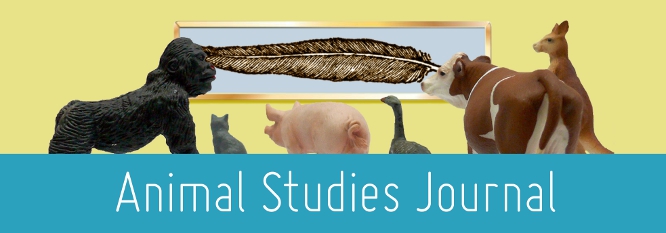Home > assh > ASJ > Vol. 11 (2022) > No. 1

Abstract
[Review] Liz P.Y. Chee. Mao’s Bestiary: Medicinal Animals and Modern China. Duke University Press, 2021. 288 pp. The COVID-19 pandemic has secured its place as a 21st century global public health disaster. It has killed more than 6.2 million and infected close to 500 million people worldwide (Worldometer). Acknowledging Wuhan’s wildlife market as the ground zero of the pandemic and the devastation caused by SARS (severe acute respiratory syndrome) 17 years earlier, China’s Communist authorities made the long overdue decision on February 24, 2020 and outlawed wildlife breeding and trade for the country’s exotic food market (National People’s Congress of China). This decision was commendable. Yet, breeding of wildlife for the exotic food market was only one of the five-piece captive farming operation that generated a revenue of $78 billion a year (Ma Jianzhang et al.). What the Chinese authorities have retained is captive breeding for Traditional Chinese Medicine (TCM), the third largest component of the country’s controversial industry. Called a ‘national treasure’, TCM, in the minds of many, brooks no questioning (see for example, ‘Xi Jinping Calls’). Liz P.Y. Chee’s Mao’s Bestiary: Medicinal Animals and Modern China (Duke University Press, 2021) steps in this minefield with questions not about the efficacy of TCM but about the drivers of its faunal medicalization in the last seven decades.
Recommended Citation
Li, Peter J., [Review] Liz P.Y. Chee. Mao’s Bestiary: Medicinal Animals and Modern China. Duke University Press, 2021. 288 pp., Animal Studies Journal, 11(1), 2022, 284-289.Available at:https://ro.uow.edu.au/asj/vol11/iss1/12
Included in
Agricultural and Resource Economics Commons, Art and Design Commons, Art Practice Commons, Australian Studies Commons, Communication Commons, Creative Writing Commons, Digital Humanities Commons, Education Commons, English Language and Literature Commons, Feminist, Gender, and Sexuality Studies Commons, Film and Media Studies Commons, Fine Arts Commons, Legal Studies Commons, Linguistics Commons, Philosophy Commons, Political Science Commons, Public Health Commons, Race, Ethnicity and Post-Colonial Studies Commons, Sociology Commons, Theatre and Performance Studies Commons

